1,409 Results
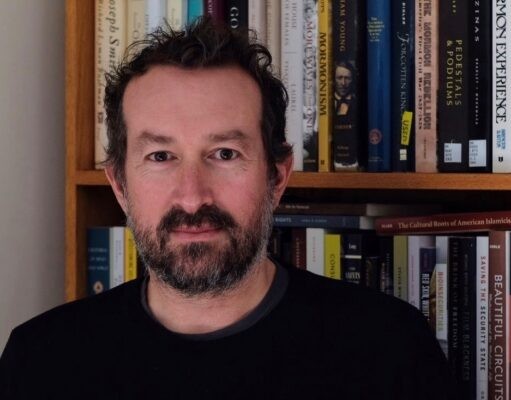
"I hope 'One Battle After Another' wins a million awards": A Q&A with Peter Coviello
Feb 26 2026
For me, Anderson is a filmmaker who read a book about state terror and counterfascist mobilization and metabolized Pynchon’s "Vineland" into the unlikeliest of things: a movie, a mass-cultural product that wants to think clearly and hard about the here-and-now-ness of an American fascism.
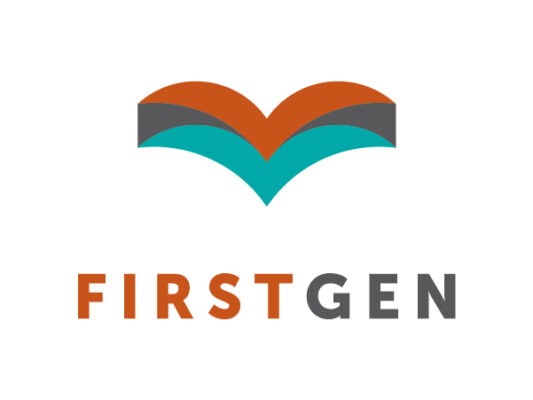
Webinar: Navigating Publishing and Academia as a FirstGen Scholar
Feb 19 2026
Hear career and publishing insights from FirstGen authors and UC Press staff at our upcoming FirstGen webinar!

JAMS Author Interviews: Ruthie Abeliovich, Daniela Smolov Levy, Joanne Cormac, and Benjamin Ory
Feb 18 2026
"Journal of the American Musicological Society" editor Jake Johnson conducts video interviews with the contributors to the journal's Summer 2025 issue.
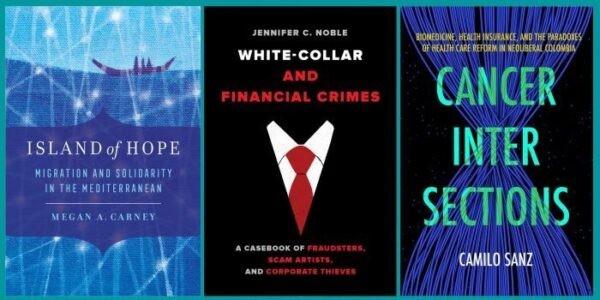
UC Press January Award Winners
Feb 17 2026
UC Press is proud to publish award-winning authors and books across many disciplines. Below are our January 2026 award winners. Please join us in celebrating these scholars by sharing the news!

Q&A with Sérgio B. Martins, author of "Borderless Painting as Borderless Art"
Feb 13 2026
Author Sérgio B. Martins explains what the trajectory of Antonio Diaz's life and artwork reveals about the history of avant-gardism.

Excerpt from Keren Rosa Hammerschlag's "The Chosen Race"
Feb 13 2026
An exclusive look at Keren Rosa Hammerschlag's THE CHOSEN RACE with an intro by the author.
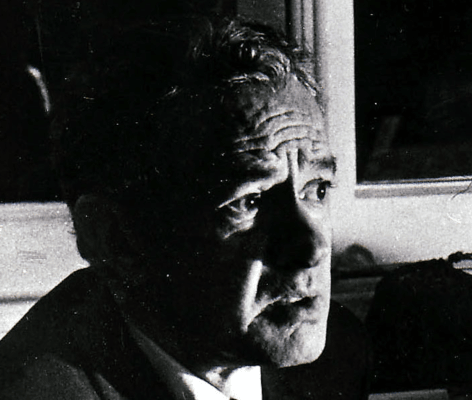
Erosive Forms and a Climate of Violence in the Work of Juan Rulfo: A Q&A with Mark Anderson
Feb 11 2026
Mark Anderson talks about his ecocritical analysis of Mexican writer Juan Rulfo.

How Transpacific Contemporary Art Reveals Imperialism’s Role in the Global Rise of Fascism
Feb 11 2026
Author Namiko Kunimoto on how the work of transpacific contemporary artists exposes colonial trauma and the rise of aspirational fascism.
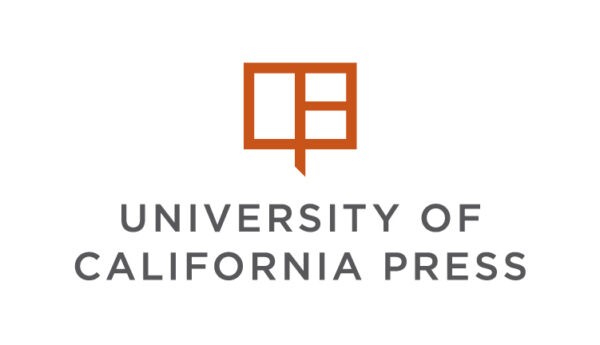
News: Recent UC Press Book Signings
Feb 09 2026
We're thrilled to announce a selection of our latest book signings!
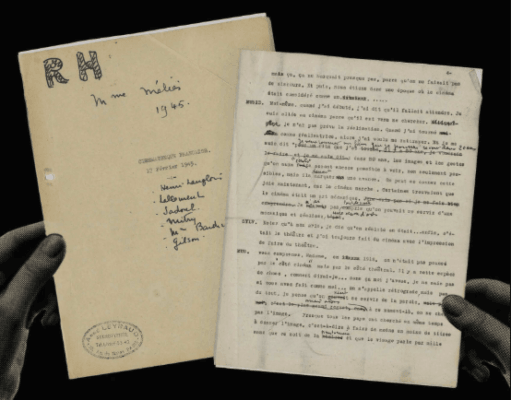
Recovering Women’s Film History in the Archive
Feb 04 2026
How author Aurore Spiers recovered women's hidden labor in the film history archives and their contributions to French cinema.